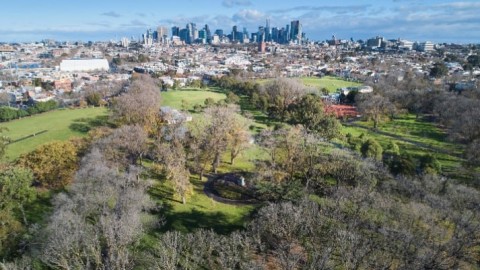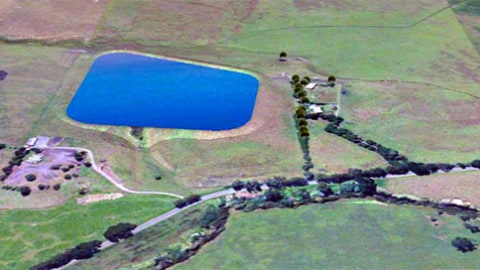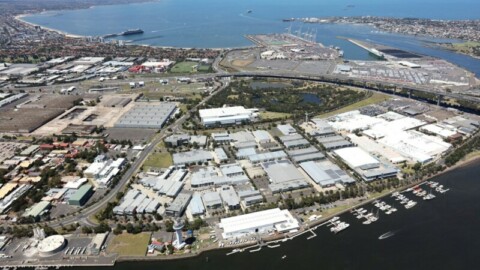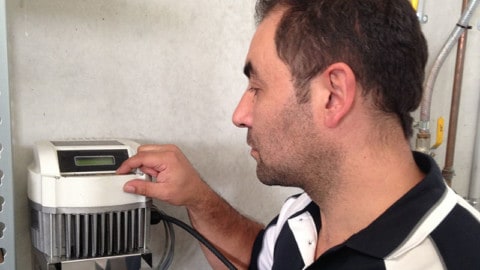Shell Energy Australia will receive $9.1 million in funding from the Australian Renewable Energy Agency (ARENA) to trial improved demand management in commercial buildings by optimising HVAC and other energy-intensive assets.
The $31.6 million project, known as ‘Commercialising Smart Energy Hubs’, involves building a whole-of-site solution to optimise the energy system including Heating, Ventilation and Air Conditioning (HVAC), refrigeration, Electric Vehicle (EV) charging control, and onsite solar Photovoltaic (PV) and storage.
These sectors represent the largest near-term opportunity for flexible demand capacity due to their large thermal loads with opportunities to manage heating and cooling, and a strong industry imperative to move to sustainable outcomes where possible.
Shell Energy’s project will recruit shopping centres, supermarkets and a refrigeration distribution centre across Queensland, New South Wales and Victoria to demonstrate an estimated 21.5MW of flexible demand capacity.
ARENA Chief Executive Officer, Darren Miller, said supporting flexible demand projects is a key pillar of ARENA’s strategy to optimise the transition to renewable electricity.
“For commercial and industrial sites, flexible demand is a potential alternative to costly upgrades to network infrastructure or building large-scale batteries,” Mr Miller Said.
“To achieve the full potential of flexible demand, we will require new innovation, technologies and market processes.
“Shell Energy’s initiative represents ARENA’s first C&I project to demonstrate a whole site optimisation of energy demand management for delivery of market, ancillary and customer benefits through the control of energy load.
“We look forward to working with Shell Energy in showing how we can unlock the potential and accelerate flexible demand at C&I sites and businesses.”
Shell Energy has been developing and testing its C&I load flex product (LoadFlex) capability since 2019, culminating in the launch of a Smart Energy Hub pilot project with The GPT Group at its Chirnside Park Shopping Centre in September 2022.
This pilot will see the Chirnside Park Shopping Centre become the first carbon neutral shopping centre with a 2MWh battery and 650kW solar array with a demand response load which uses predictive technology that enables load reductions of up to 70 per cent during peak times.
Though the company has demonstrated technical viability, there remain some commercial and regulatory impediments to scaling up the solution.
Shell Energy aims to use the project to address barriers to large-scale C&I flexible demand by unlocking new revenue streams and exploring regulatory change with the Wholesale Demand Response Mechanism (WDRM), the Reliability and Emergency Reserve Trader (RERT) and state-based certificates such as the New South Wales Peak Demand Reduction Scheme (PDRS).
Demand flexibility offers a way to reduce the load on the grid during busy periods, reducing energy costs, lowering peak demand and moving energy loads to when there are high amounts of renewable energy. It can be implemented in real time in response to market signals, generation shortfalls or network constraints.















